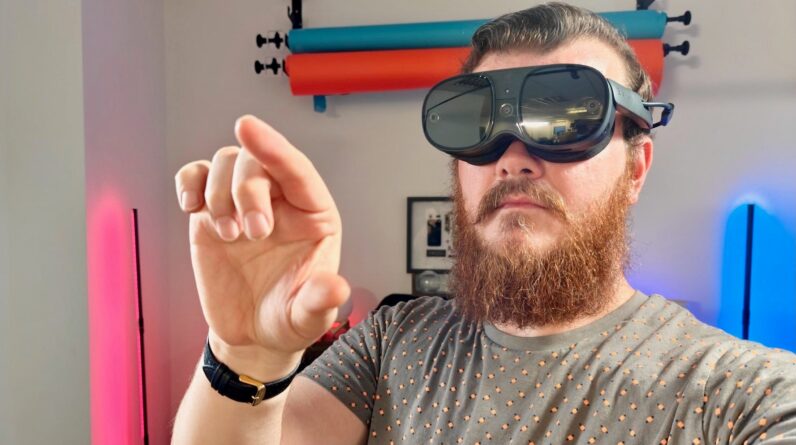
Google has returned to HTC and acquired some of its Vive team to work on the new Android XR platform.
Almost exactly seven years ago, Google bought HTC’s smartphone hardware division for $1.1 billion. Now Google has announced that it has returned to the Taiwanese company to poach some of its extended reality talent in a deal reported to be worth $250 million.
“Today we signed an agreement to welcome some of the HTC Vive engineering team to Google,” the company announced on a (very brief) blog post. “They are an incredibly strong technical team with a proven track record in the VR space”.
Google is going to be using that freshly acquired HTC XR expertise to “accelerate the development of the Android XR platform across the headsets and glasses ecosystem”.
Google only announced its Android XR platform last month. Developed in partnership with Samsung, this is a new operating system that combines AI with AR and VR. The first Android XR device, code named Project Moohan, will be released by Samsung some time in 2025.
The original HTC Vive proved to be one of the best VR headsets on the market towards the end of the noughties, back when hopes were high for such things. More recently, it released the slightly less impressive HTC Vive Elite XR (pictured above).
Google seems to be shifting its focus to more compact mixed or extended reality glasses that will fit into everyday life, in keeping with Meta’s recent success with the form.

Get Updates Straight to Your WhatsApp
Join our WhatsApp Channel for up-to-date news, reviews and deals straight to your phone
Of course, it’ll also be keeping an eye on Apple’s work in XR. With the expensive and cumbersome Apple Vision Pro failing to lift off, the company is believed to be switching its attention to a cheaper and more portable set of AR glasses.
Google will be hoping that its latest HTC talent raid will have a similarly positive effect to its last. Following its early 2018 acquisition of HTC’s smartphone division, the company’s Pixel phones have steadily increased in quality, culminating in the classy Pixel 9 range.






